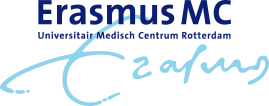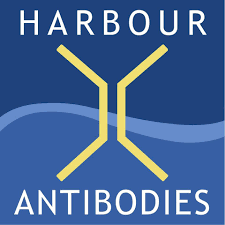Developing human anti-snakevenom antibodies
World-wide, venomous snakebites claim about 125.000 deaths and maim 450.000 people yearly, mostly in poor rural areas. Current treatments, if available, involve antidotes prepared from serum of large animals (e.g. horse or sheep) that contain (a low amount of) antibodies against some toxic components of venom and demand cold storage. Use of foreign (horse and sheep) anti-venomous polyclonal sera causes adverse reactions including anaphylaxis. Thus current anti-venoms consist of small amounts of antibodies that neutralize the important toxic components of the venom and their therapeutic effect is batch-related. To address this shocking situation we propose to radically improve anti-venoms, their specificity and their broad availability at low cost.
We have access to genetically modified mice developed by Harbour Antibodies over the last 10 years which generate purely human antibodies that can be isolated in large quantities. Such antibodies have the advantage that only a small dose will be necessary, but also that antibodies can be kept and stored as a dry powder which is easily made soluble upon addition of physiological buffer. Thus, treatment with antibody cocktails could be achieved by building a cheap self-injection device with the possibility of wide distribution at low cost. Harbour has two mouse platforms one for normal antibodies containing two heavy and two light chains (H2L2) and one for heavy chain only antibodies (HCAbs) which are smaller and have two light chains only.
Conventional H2L2 antibodies have the advantage are more accepted in the antibody therapeutics field and high diversity is easier to generate. Generating HCAbs has the advantage of being able to develop single-domain-antibodies (nanobodies) of low molecular mass which may penetrate tissue compartments more readily than conventional complete antibody molecules (H2L2 or HCAb) for immediate first treatment. On the other hand conventional H2L2 antibodies are more accepted in the antibody therapeutics field. Snake venoms of C. rhodostoma) was used for immunization and a number of antibodies against the different venom components were isolated and purified. Unfortunately none of the isolated antibodies could block the enzymic activity of the respective venom components. During the project we developed a novel high throughput method (Slagboom et al, in press) to rapidly identify and isolate the antibodies that binds different venom components.
This collaboration project is co-funded by the PPP Allowance made available by Health~Holland, Top Sector Life Sciences & Health, to EMC to stimulate public-private partnerships. For questions, please contact EMC directly via the following email address tki@erasmusmc.nl.


